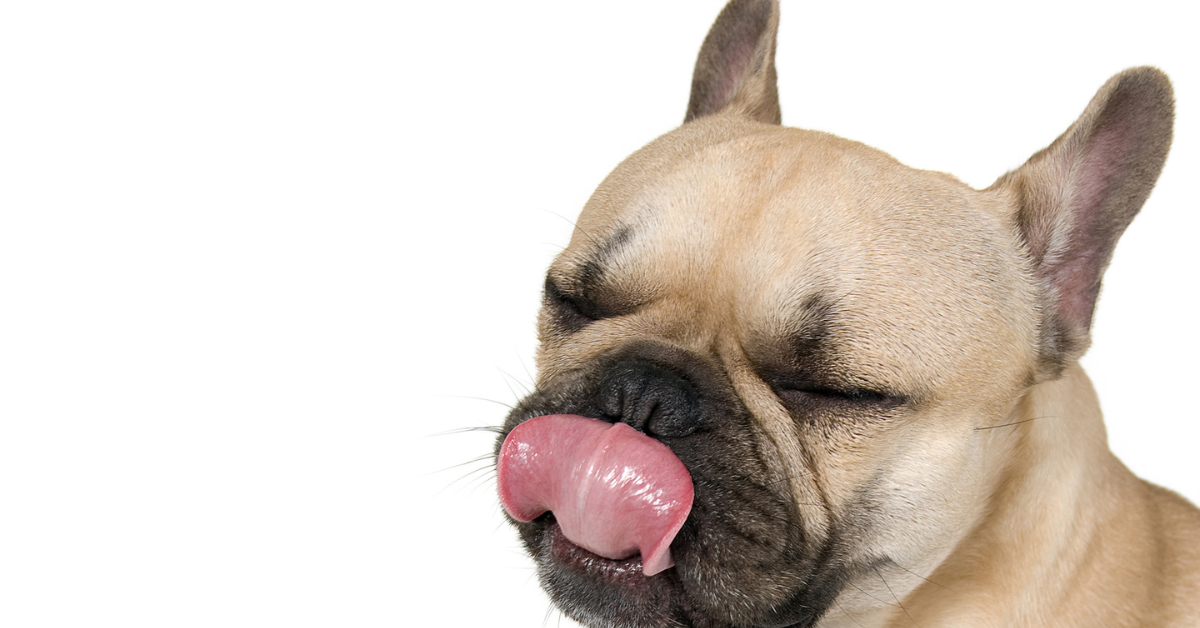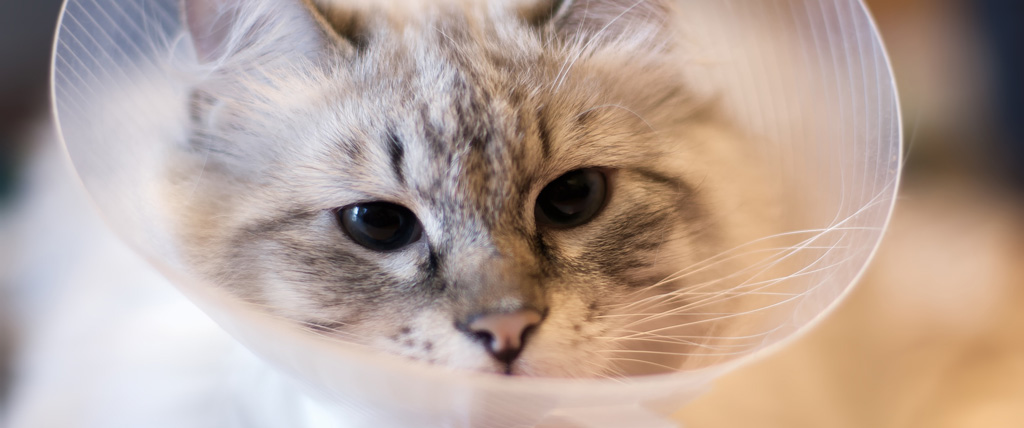Spay and Neuter Post-Surgery Care
It can be difficult to plan for what your post-surgery cat needs, but there are a few things that every owner should know before scheduling a spay or neuter surgery. There have been many misconceptions about behavioral changes post-op but given the proper care, your kitty will be on the road to recovery and back to their usual self in no time!
Typically, cats are spayed or neutered prior to six months of age so that the procedure is done before they hit puberty. Kittens tend to bounce back from surgery sooner than if it were performed at an older age. A spay is a bit more invasive of a surgery than a neuter and will require sutures which just means that extra care will be required for recovery time and your little girl may or may not be kept at the vet’s for an additional day. So now let’s break down post-op care for our boys and girls.
Our male cats will return home the same day as their procedure and our females the following day depending on the veterinarian’s recommendations, but will still be a little groggy and uncoordinated from anesthesia. The effects of anesthesia can be expected to wear off after 18-24 hours, according to Operation PETS. To prepare for this, you can set up a space in a small room with food, water, and litter box or set up a crate for kitty where he or she will be less encouraged to jump up on furniture or be too active. Rest is key for the healing process! His/her incision site(s) will be a little sensitive and we want to make sure to limit activity and follow whatever care instructions are given by the veterinarian. It may also be a good idea to change out your usual cat little for shredded newspaper for the time being just to decrease the amount of small particles entering the incisions.
Once kitty is home, it is important to monitor the incision sites for swelling, redness, or drainage. When your loved one is discharged from the vet, his/her current condition will be deemed “normal.” There may be some redness or swelling, but there shouldn’t be any drainage. Although your furry friend may be a little crankier and may even be somewhat aggressive, it is good to get close enough to check the incision daily for at least a week. Most spay/neuters do not use outside sutures, only internal sutures which will dissolve after a certain period of time. Unless told otherwise from a veterinarian, we should not attempt to clean or apply anything to the incision site.
Just like us, our four-legged counterparts need to adjust and take it easy on the road to recovery. Because they are healing, there may be a change in mood for a short time which is completely normal. This does not mean that our furry friends will come through this ordeal with a different personality, but they may be a bit more standoffish and possibly aggressive during this time. It is important to ease back into food and exercise and give them as much or as little space as they need to feel safe and secure!
Do you live in the chicagoland area and are looking for a pet care specialist? Get in touch with our team today:
Other Recent Blog POsts

Pet-Friendly Halloween in Chicago 2024
October 22, 2024
Protecting Dogs from Theft in Chicago
October 16, 2024
Pet Obesity Awareness Week: Keeping Chicago Pets Healthy
October 9, 2024
Pet-Friendly Fall Events in Chicago 2024
October 2, 2024
National Walk Your Dog Week is Coming!
September 25, 2024

